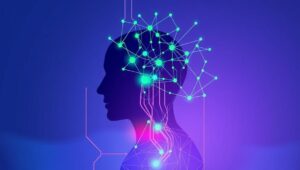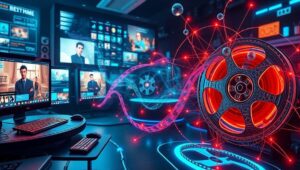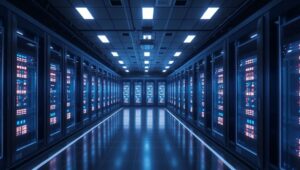May 24, 2025
The Future of Multi-Factor Authentication (MFA) (Beyond Push Notifications 2025)
The Future of Multi-Factor Authentication (MFA): Beyond Push Notifications in 2025 Multi-Factor Authentication (MFA) has become a cornerstone of modern cybersecurity, adding an extra layer of protection beyond simple passwords. While push notifications have been a popular method, the threat landscape is constantly evolving. This article explores the future of MFA, examining the limitations of push notifications and the emerging technologies that will shape authentication beyond 2025. The Rise of MFA MFA requires users to provide two or more verification factors to gain access to an account or system. These factors typically fall into three categories: Something you know: Password,












